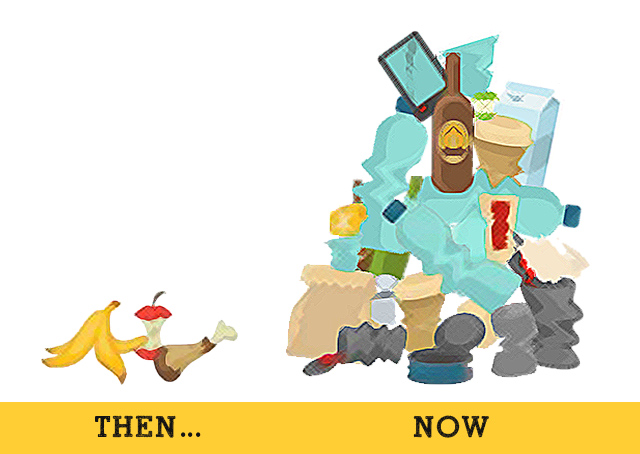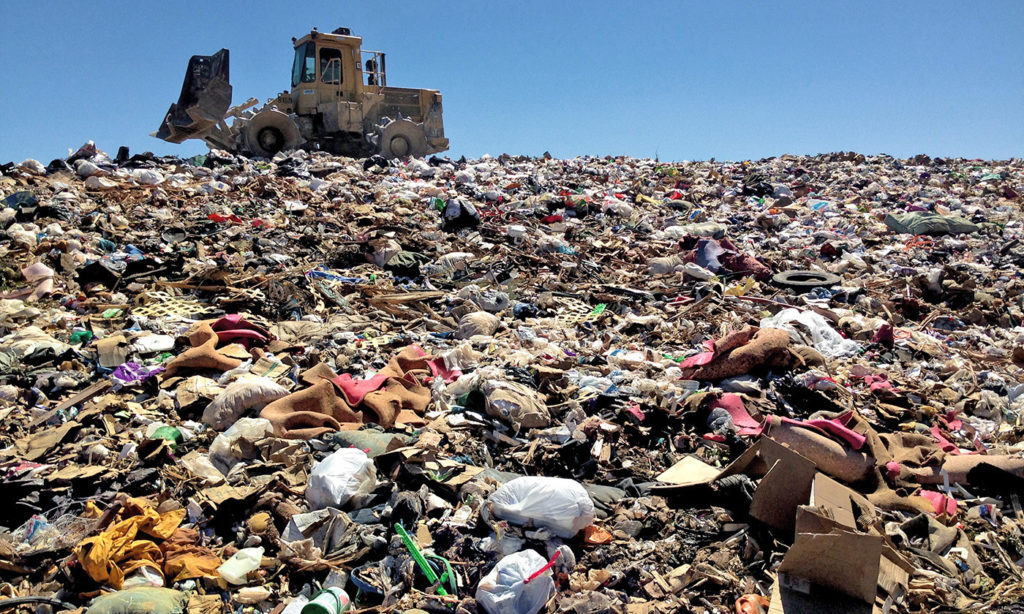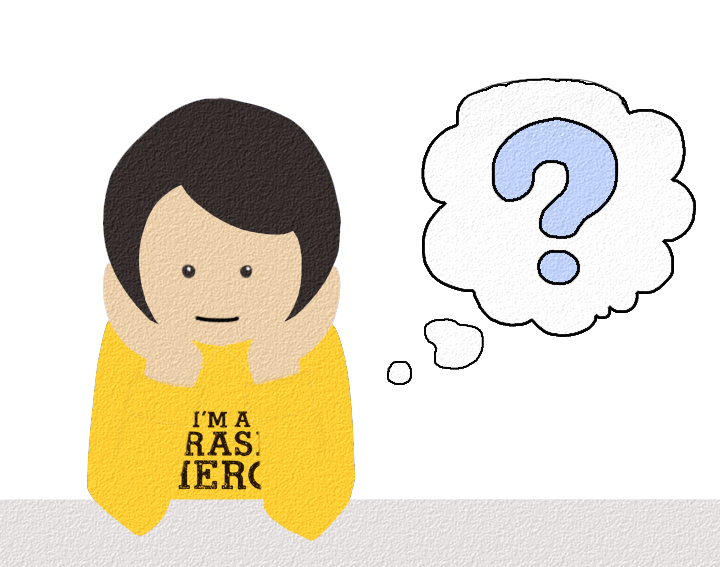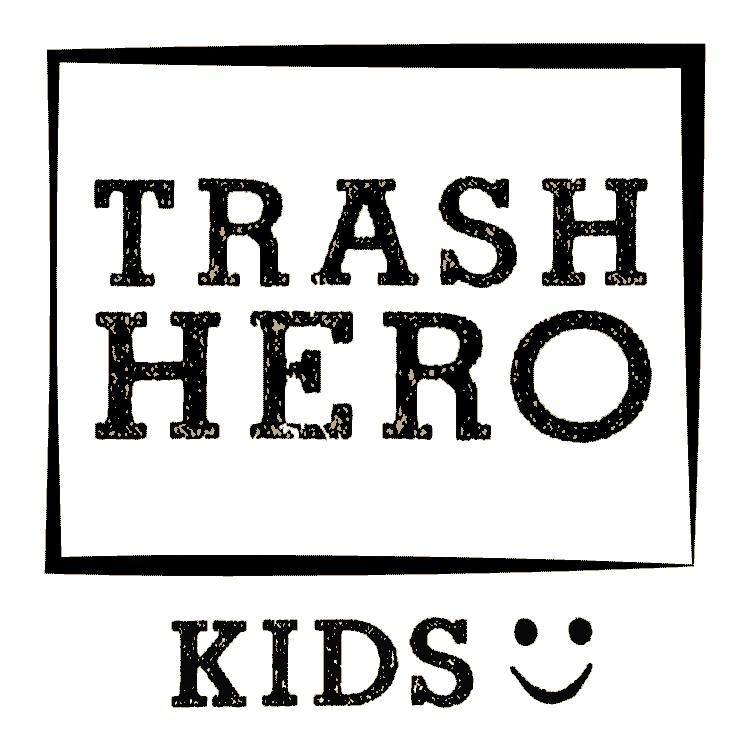Trash is just stuff we don’t want or have a use for any more. What to do with all our unwanted stuff has been a human problem for thousands of years.
But…
more people,
more stuff and
different kinds of stuff
means that nowadays, that problem is becoming a crisis.
In the past, most trash was organic waste. This means it can decompose over time in the soil. Even if we don’t want our rotten rice, plenty of bugs would love to eat it; and Mother Nature can use the remains as compost.
The biggest problem with our trash in recent times is that most of it is inorganic: think stuff like glass, metals and plastic. Plastic does not decompose like food. The chemicals used to make it mean it is very durable. Even after hundreds of years, it never goes away. Inorganic waste can often be recycled – turned back into raw materials that can be used again – but much of it, including many types of plastic, cannot.
So what should we do with it all? Where does our unwanted trash belong? You’re probably thinking “in the bin!” And that is exactly where most trash ends up: in gigantic bins called landfills, huge rubbish dumps, usually (though not always) located outside of towns, where most people never go. Out of sight, out of mind.
Meanwhile, we keep buying and using more stuff, and producing more waste.
But what is going to happen when these landfill “bins” become full? If you live on an island there might not be any more space! Not to mention the big trash pile also releases lots of toxic chemicals into the soil around it. This is called leachate.
Some people think we should burn our trash in special incinerators. This would make more space in the landfills and we can also use the heat produced to generate electricity. But this solution is expensive, uses a lot of energy, and leaves behind a poisonous ash. Burning trash in the open air is even more dangerous, and is never a good idea!
A better solution might be to rethink trash and what we throw away in the first place. Do we really need to use and throw away so much stuff? We know trash spreads disease, pollutes our waterways, harms animals, and contaminates our soil and groundwater. So what if we reduce (and eventually stop!) the trash by designing less wasteful stuff, using less of it, and reusing and recycling more? This is called a circular model and it looks a bit like this:
Compare this with the linear model we have now. It looks like this:
It’s called linear because it’s a straight line that starts with us taking the Earth’s resources and ends with us dumping them. It doesn’t take a genius to figure out that model will end with a giant pile of trash and the resources all gone! The circular model allows us to save the Earth’s resources by using what we already have again and again, with little or no waste.
So the main things we can do to move towards the circular model are:
1. reduce the amount of stuff we use
2. reuse and recycle as much as we can
This way, less stuff will even become “trash” in the first place — and less trash produced is good for us, and good for our planet.
* * *
Sometimes you might see litter or illegal rubbish dumps on beaches or roadsides, where people throw away their trash if they can’t find a bin, or nobody comes to collect it. This kind of trash is especially dangerous as it will usually end up in the sea.
You can read more about that topic in: Why Litter Is a Problem.
LET’S THINK ABOUT TRASH
No matter where we live in the world, trash is one thing we have in common.
But what we also have in common is the power to do something about it.
Everyone makes trash, though some people waste a lot less than others. How can we be less wasteful?
Ask yourself:
What kind of things do you throw away in your family?
How could you stop these things being thrown away?
Could you buy stuff wrapped in different materials?
Or replace things you use just once with things you can use again and again?
Could you reuse anything in your trash? Could you recycle it or maybe give it to someone else who might need it?
Or maybe you could repair it instead of throwing it away?
Talk to your friends and family about trash – what things could you do to make less waste?
Have a competition with your friends to see who can produce the least waste in one week!
You can get more ideas here: REDUCE WASTE








3 comments
Join the conversationAmelia - 03/05/2021
I hope we can all pick up the trash to save the environment because litter is not good for animals when i was litttle i used to pick up trash when i was little and i am still picking up trash every day so please pick up the trash please ):
Amelia - 03/05/2021
I hope we can all pick up the trash to save the environment because litter is not good for animals when i was litttle i used to pick up trash when i was little and i am still picking up trash every day so please pick up the trash please ): i hope this word can be a better place ):
nuh uh - 23/04/2024
this helped